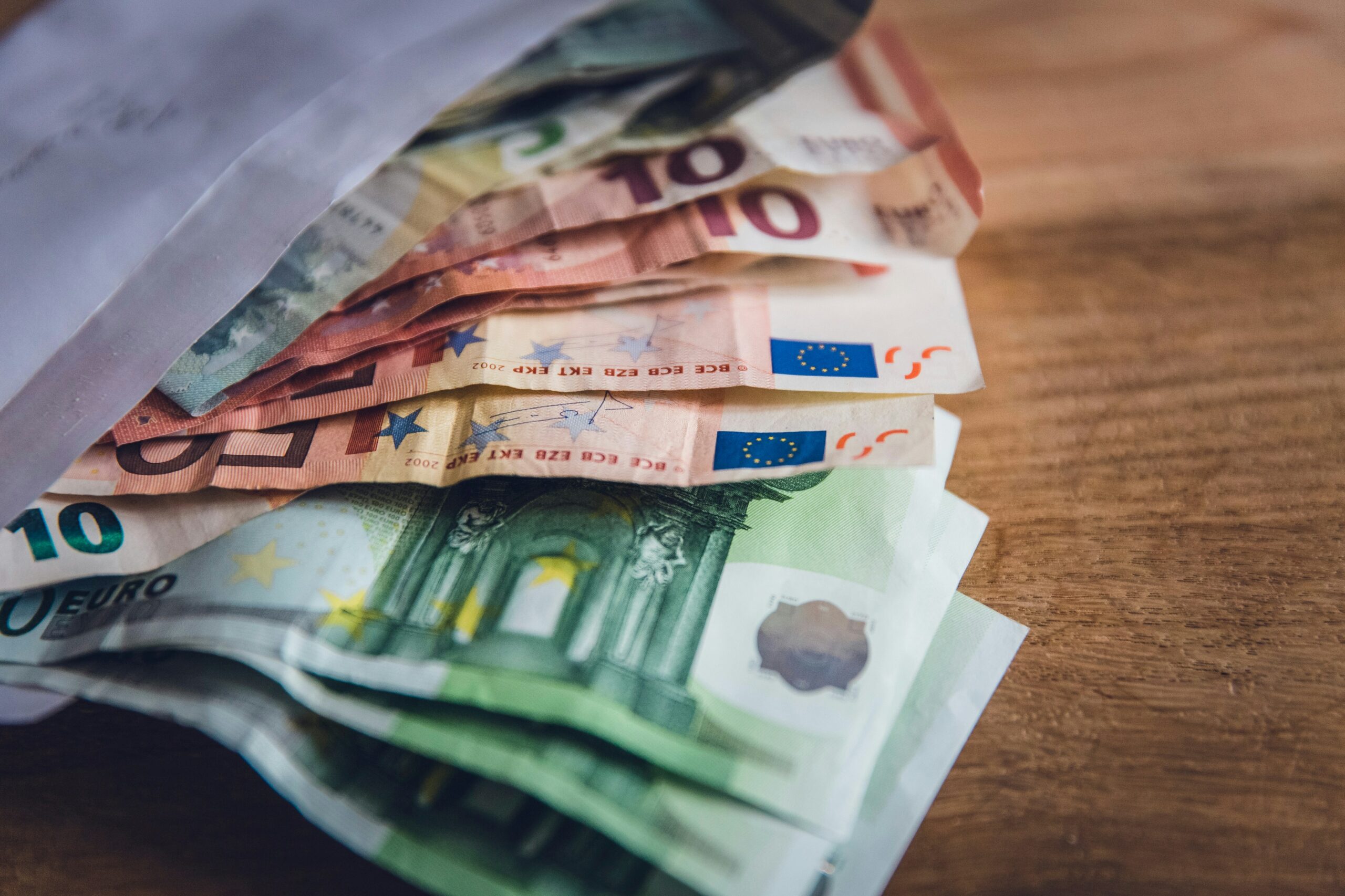Basic Income For Arts Scheme Produced Over €100m In Socio-Economic Benefits

Basic Income For Arts Scheme Produced Over €100m In Socio-Economic Benefits
Text: Izzy Copestake
For every €1 invested by the state, society gained €1.39 in return.
A new report released today has revealed that the Basic Income for the Arts has been a success for the Irish economy. The analysis showed that the pilot delivered over €100 million in social and economic benefits in the country.
Launched in 2022, the scheme has already supported 2,000 artists and creatives with a steady weekly payment of €325 over the past three years. This aimed to tackle chronic issues in the arts sector such as low pay, precarious employment, and poor wellbeing.
The cost-benefit analysis done in the report demonstrated that for every €1 invested by the state, society gained €1.39 in return.
Psychological wellbeing was identified as the largest area of impact, contributing nearly €80 million to the overall benefit. Audience engagement with the arts added a further €16.9 million.
The scheme also helped shift the income profile of participating artists. On average, those involved in the schemes’ arts-related earnings rose by over €500 per month. Their income from non-arts jobs declined by around €280. Recipients also became less reliant on social protection, with a €100 monthly drop in average supports claimed.
Minister for Culture, Communications and Sport, Patrick O’Donovan TD, welcomed the findings, saying “The economic return on this investment in Ireland’s artists and creative arts workers is immediately having a positive impact for the sector and the economy overall.”
Originally budgeted at €105 million for the 2021-2025 period, the scheme’s actual cost came in under €72 million. Due to its early success, the pilot was extended over the summer and will now run until February 2026, offering current participants an additional €8,450 in support.
The report adds weight to calls for the BIA to become a permanent fixture in Ireland’s cultural funding landscape.
Elsewhere on District: 58% of McGregor’s Presidential Campaign Posts on X Were Misinformation or Threats